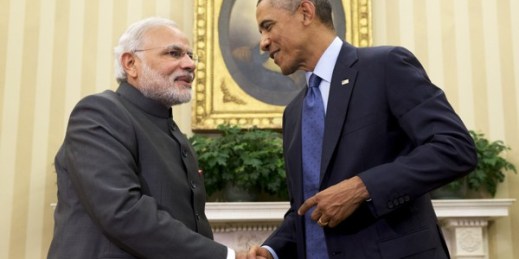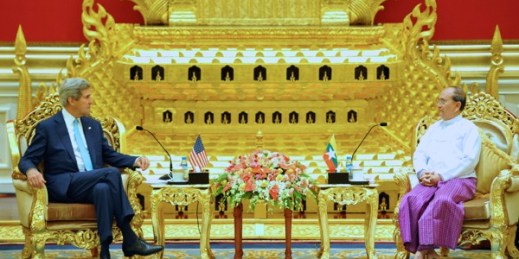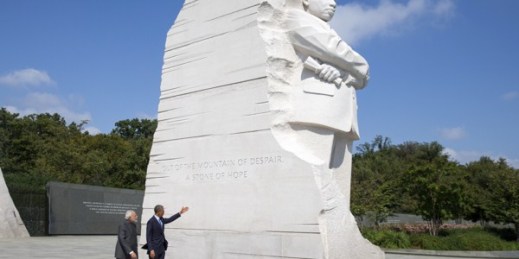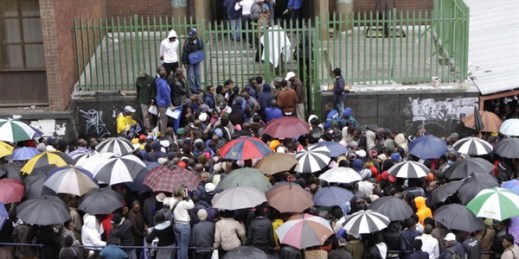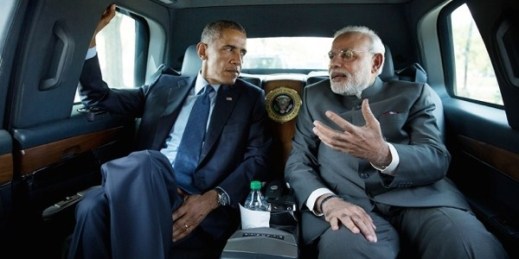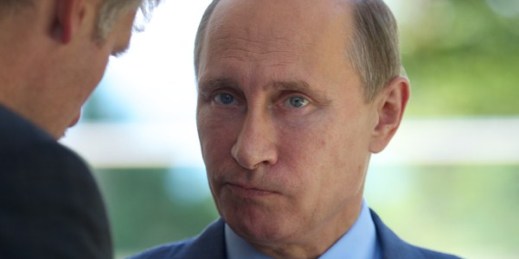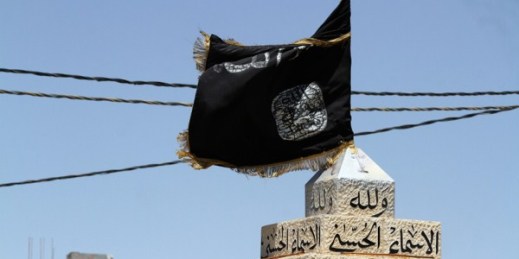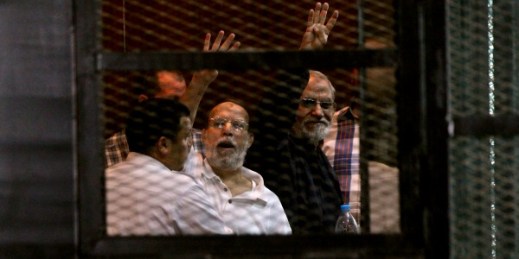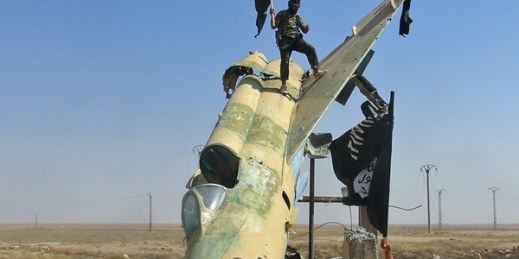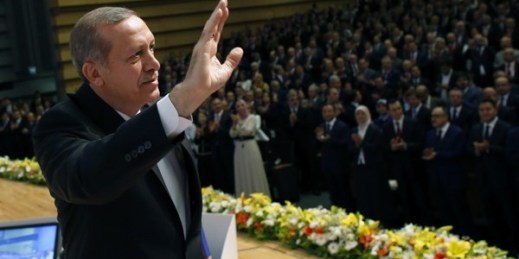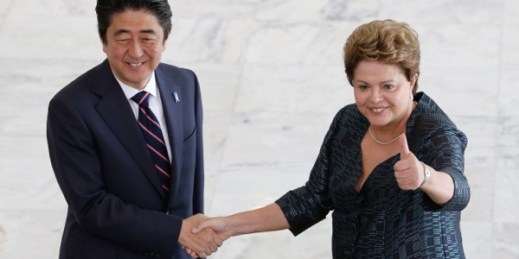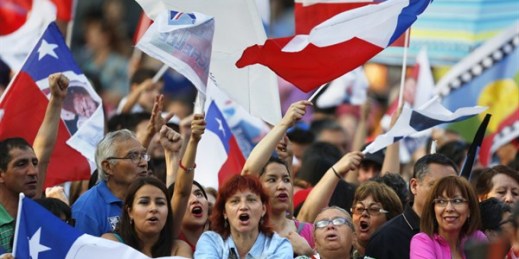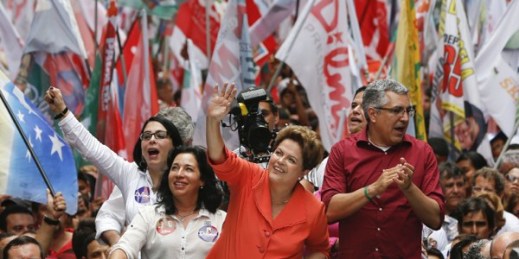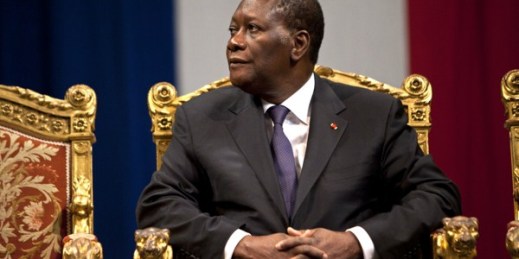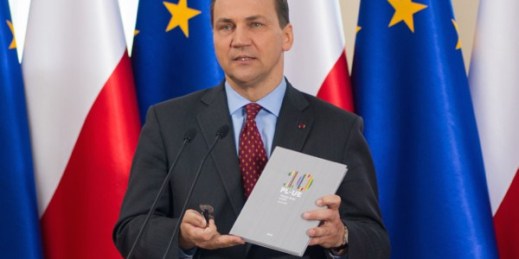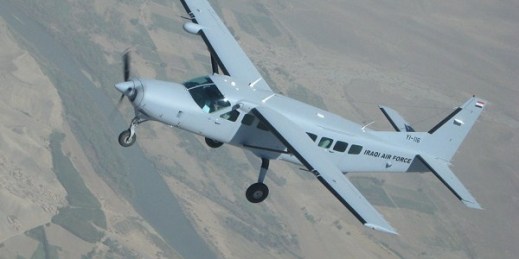
Earlier today, fighters from the so-called Islamic State (IS) shot down an Iraqi military helicopter. In an email interview, Rick Brennan, a senior political scientist at the RAND Corporation and former senior adviser to the U.S. military in Iraq from 2006-2011 who led a RAND study entitled “Ending the U.S. War in Iraq: The Final Transition, Operational Maneuver and Disestablishment of United Sates Forces —Iraq,” discussed the current air capabilities of the Iraqi military and its significance for both internal security and external defense. WPR: What air assets does the Iraqi army currently have, and what purchases—on order and planned—are […]

